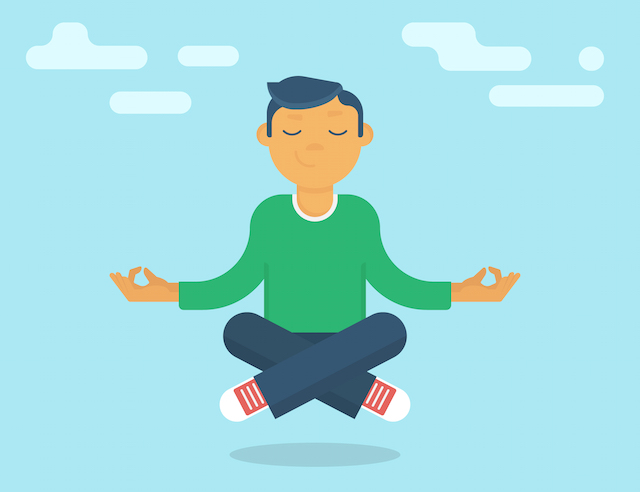
Saturday 18-09-2021 – Sleep problems
I am Shalini Kaur, a 27-year-old housewife. Since the last 6 months, I am unable to sleep well at night. I have excessive worry about not being able to sleep. I try too hard to sleep. There is a rumination of thoughts and I am unable to clear my mind while trying to sleep. I am very anxious at that time. I am able to sleep better away from my bedroom or while I am watching television when I am not trying to sleep. I lie in the bed for almost 2 hours before I am able to sleep; I keep on watching the clock and it is a very painful process. I wake up late and I am not fresh on awakening; I also feel drowsy the whole day. Often I wake up at night also and then I am unable to sleep and wait for morning to come. The slightest noise awakens me. I do not want to try medicines for sleep because I fear that I may become dependent on it.
Sleep is a process that the mind requires for proper functioning. However, the seriousness of sleep problems is very poorly recognized and is met with even more indifference on the part of the caregivers. Sleep less than 4 hours or more than 10 hours per night, every night for long periods can result in medical and psychological problems. There may be problems initiating sleep, maintaining sleep, poor quality of sleep, increased time of sleep or abnormal behaviors associated with sleep. On an average, you should be asleep within 18 minutes of being in bed and have about 6 – 8 hours of sleep per night. There are however, people who can feel fresh even sleeping less (the short sleeper) or sleeping more (the long sleeper).
What you can do?
Certain sleep problems arise from environmental problems or maladaptive habits. Sleep hygiene refers to the basic rules designed to provide circumstances and conditions conducive to sleep. These include a list of things to incorporate into a good sleep ritual and things to avoid. Sleep enhancing directives include maintaining a regular sleep-wake schedule, keeping a steady program of daily exercise; insulating the bedroom against excessive noise, light, cold, and heat; eating a light snack before retiring if hungry; and setting time aside to relax before getting into bed. If you are unable to relax before getting to bed, you develop a pattern of emotional arousal upon getting into bed.



